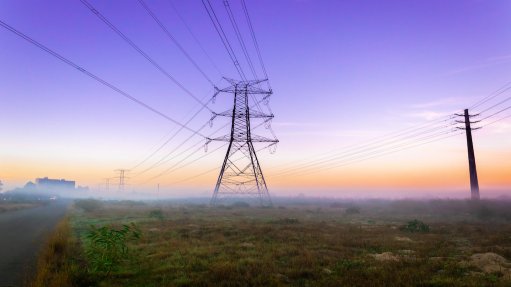
Name of the Project
Richards Bay combined-cycle power plant.
Location
The development is proposed on Portion 2 and Portion 4 of Erf 11376, which is situated within Phase 1D of the Richards Bay Industrial Development Zone, about 6 km south-west of Richards Bay, in KwaZulu-Natal, South Africa.
Project Owner/s
Eskom.
Project Description
The proposed project entails the development of a combined-cycle power plant with an estimated output of 3 000 MW.
Potential Job Creation
Not stated.
Capital Expenditure
Not stated.
Planned Start/End Date
Not stated.
Latest Developments
Environmental groups the South Durban Community Environmental Alliance (SDCEA) and groundWork have been notified that their case, challenging the environmental authorisation by the Department of Forestry, Fisheries and the Environment (DFFE) with regard to the combined-cycle gas power plant, will be heard in the North Gauteng High Court later this year.
It is the first court case in South Africa challenging the environmental authorisation of a gas power plant, and the litigation raises specific concerns about an inadequate assessment of climate change impacts and alternatives to this project, which include renewable energy.
The applicant organisations argue that the total life-cycle greenhouse-gas (GHG) and methane emissions from the power plant should have been properly assessed, as the latest scientific information on gas suggests that the GHG footprint of gas is worse than that of either coal or oil, particularly when considered in the 20-year timescale most relevant to the climate future, the organisations have said.
The SDCEA and groundWork, represented by environmental law specialists Cullinan and Associates and supported by Natural Justice, approached the High Court after Forestry, Fisheries and the Environment Minister Barbara Creecy refused the organisations’ appeal against this decision, and the authorisation will now come under judicial review, the organisations have said.
The court arguments in this matter are based on several concerns raised about the environmental-impact assessment (EIA) and the process of public participation that were undertaken. The applicant organisations have argued that the public participation process for this development was flawed, as many communities were excluded from the process.
Another major concern regarding the case is the need and desirability of the gas plant. The Council for Scientific and Industrial Research (CSIR) and independent auditing firm Meridian have shown in a previous detailed modelling study that, under a least-cost scenario, a combined-cycle midmerit gas power plant is not necessary for at least another 15 years, if at all, to meet South Africa’s energy demands. Until then, alternatives are available to meet energy demands.
Amid court rulings in favour of community concerns about the impacts of oil and gas exploration, such as those involving Shell and Searcher Geodata, it is becoming more imperative that government provides authorisation only in cases where thorough climate change impact assessments are completed, the impacts are acceptable, and full, equitable and transparent public participation processes have been conducted, the organisations have said.
This is critical, especially as South Africa aims to enact the Climate Change Bill, which will legislate the reduction of GHG emissions, and prepares to mitigate and adapt to the effects of climate change, they have stated.
Key Contracts, Suppliers and Consultants
None stated.
Contact Details for Project Information
Eskom, tel +27 11 800 8111 or email MediaDesk@eskom.co.za.